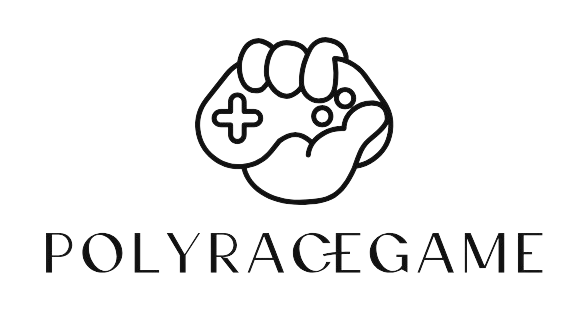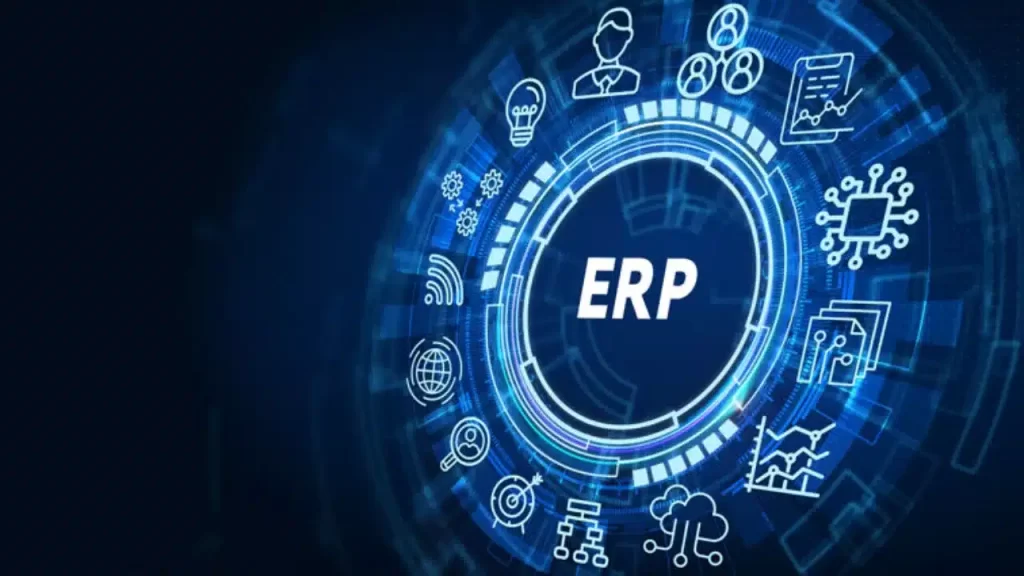Enterprise resource planning is a proven technology designed for business management, and the implementation of such technology in businesses can be beneficial in different ways. ERP is a suite designed for integrated applications that can be used by enterprises so as to collect, store, and interpret crucial data and information within different departments about their business activities. This includes service and manufacturing delivery, product cost and planning, marketing and sales, payment and shipping, and inventory management. ERP offers an integrated view of all the fundamental business processes, and everything is performed in real time. The system makes use of common stored databases that are maintained by the management system.
What Functional Areas Can Be Covered With Enterprise Resource Planning?
Implementation of ERP Hong Kong can cover a wide range of functional areas. Some of these functional areas include:
- Management accounting that includes activity-based costing, budgeting, costing, cost management, and more
- Human resource management that includes recruiting, training, benefits, payroll, retirement, and separation
- Financial accounting that includes payables, ledgers, fixed assets, and receivables
- Supply chain management is also covered by the ERP system.
- Order processing, order for cash, order entry, shipping, and pricing of inventory are some of the other key functional areas that are covered by ERP.
- Project management is another functional area that can be handled using ERP.
Features of Enterprise Resource Planning
The ERP system basically comprises the following characteristics:
- It allows all the business applications to have easy access to a single database, which in turn averts instances of various definitions of data generation.
- It can incorporate and function in real time without the need for batch updates.
- Enterprise Resource Planning enables the management team to access any crucial business information at any time without the intervention of the information security department.
How can enterprise resource planning help companies?
Enterprise resource planning can help any organization in different ways. It can help organizations maintain crucial business information and data for different business departments, including human resources, finance, manufacturing, and the supply chain.
With the help of ERP, companies can easily get information about orders, and these details can be shared across all departments and units of the company. Apart from this, ERP can raise a purchase order request instantly, especially if sufficient goods are not available in the inventory, for the manufacturing unit so that they can follow up and produce the required inventory. Moreover, the finance team can issue an invoice for the produced goods. This type of data can be used to predict the future demand for such goods.
ERP systems also help companies cut down on lead time, cut manufacturing costs, and offer higher customer satisfaction.
Benefits of Enterprise Resource Planning
There are several advantages associated with enterprise resource planning. One of the prime advantages that companies can avail of with ERP is that all the issues related to finance consolidation and manufacturing applications will be significantly reduced. Implementation of ERP will also reduce the loss of sensitive data that is caused by integrating different security models on a single server. Delivery time and production lead time will also be reduced with the use of ERP in your business.

